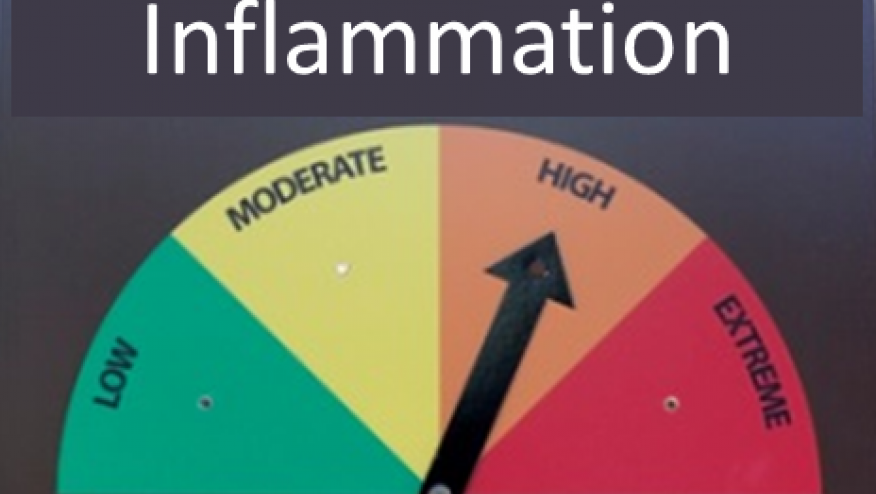Systemic Inflammation and Mortality in RA-ILD Save

Analysis of the German RABBIT registry shows that systemic inflammation, more so than disease activity, strongly influences all-cause mortality in patients with rheumatoid arthritis and prevalent interstitial lung disease (RA-ILD).
RA-ILD patients from the biologics register Rheumatoid Arthritis: Observation of Biologic Therapy (RABBIT) were enrolled to assess the down stream effects of disease activity, disease-modifying antirheumatic drugs (DMARDs).
From a total of 15 566 RABBIT registrants, there were 381 RA-ILD cases with 1258 person-years of observation and 2.6 years median length of follow-up. Nearly a quarter (25.5%) died and one-third (35.1%) of these were not receiving DMARD therapy at death.
The leading causes of death were pneumonia, malignancies and cardiovascular diseases. Every second death was related to the lungs (eg, pneumonia, respiratory diseases, lung cancer). Most (85%) of the deaths occurred within 5 years after the ILD diagnosis.
Mortality was significantly (adjusted HR 2.06) associated with higher inflammatory biomarkers (ESR > 50; CRP > 30 mg/L, but not swollen and tender joint counts. Disease activity was also significantly associated with increased mortality, but less so (DAS28-ESR aHR 1.17; DAS28-CRP per point increase.
The use of non-TNFi biologics (TCZ, ABA, RTX) and JAK iinhbitors resulted in significantly lower mortality rates (adjusted HR 0.56; 0.33 to 0.97) versus TNFi use. No DMARD treatment was associated with a twofold higher mortality risk compared with receiving any DMARD treatment (aHR 2.03).
Measures of systemic inflammatory and absence of DMARD treatment were associated with increased risk of mortality in patients with RA-ILD. Non-TNFi bDMARDs may confer enhanced therapeutic benefits in patients with RA-ILD.











If you are a health practitioner, you may Login/Register to comment.
Due to the nature of these comment forums, only health practitioners are allowed to comment at this time.